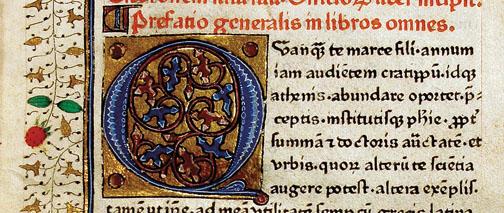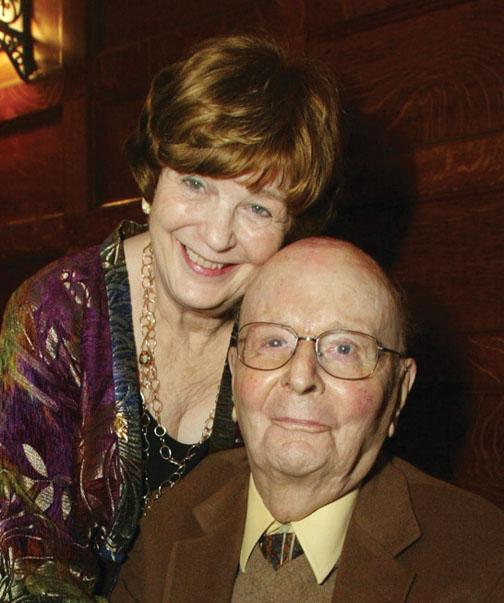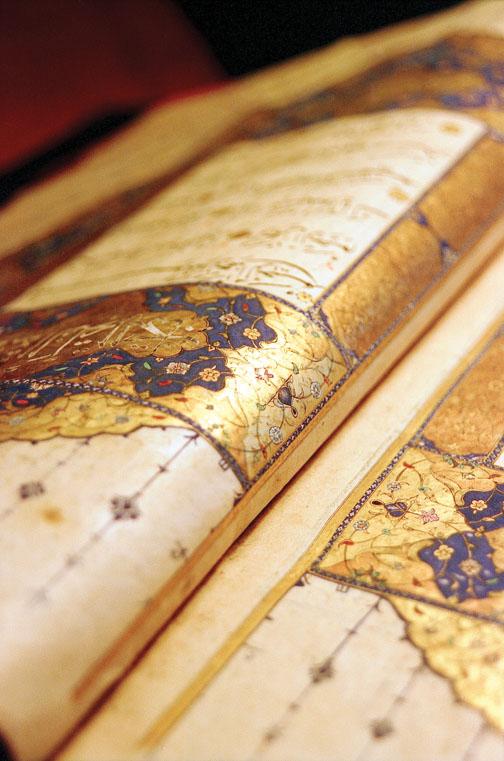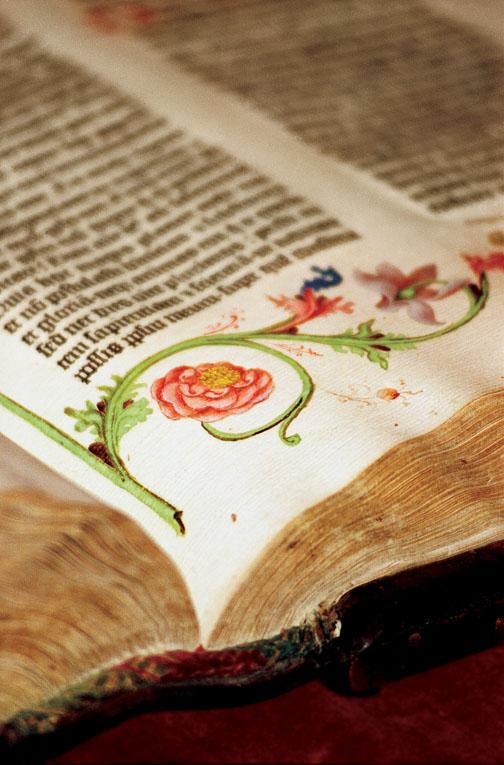

Sixteen years ago, when young photographer Natasha D’Schommer visited the Scheide Library, a private rare book collection housed within Princeton’s Firestone Library, she picked up a Shakespeare First Folio to smell it.
Across the room, the owner of the collection, William H. Scheide ’36, yelped. “I thought I had worn out my welcome,” D’Schommer writes in the introduction to Biblio, her new book of photographs of Scheide’s priceless treasures. “But instead I heard him call, ‘She smells books! She can stay as long as she likes.’”



Among the collection’s highlights are copies of the first four printed editions of the Bible, beginning with the famed Gutenberg; first editions of works by Dante and Milton; and a handwritten copy of a pre-Civil War speech by Abraham Lincoln.
Five years ago, when Scheide turned 90, he announced that, after his death, his library will belong to Princeton. But even now, students and scholars can use it on the same terms as they use Princeton’s other rare books.
The collecting bug first bit Scheide’s grandfather, William T. Scheide, who retired in his 40s after making a fortune in the oil business. The bulk of the current collection’s roughly 3,000 items was assembled by William T.’s son, John H. Scheide 1896, whose tuberculosis prevented him from working.
John’s son, William H. Scheide, initially was more interested in music: In 1946, he founded the Bach Aria Group, dedicated to performing the then-little known vocal music from Bach’s cantatas. Scheide retired from the group in 1980, but he remains a Bach devotee. In late January, he celebrated his 95th birthday by sponsoring an all-Bach concert at the University as a benefit for Princeton-based Centurion Ministries, which works to free the unjustly imprisoned.
Indeed, along with books and music, philanthropy has been a central focus of Scheide’s life: He has given generously to the music program at Princeton, which awarded him an honorary degree in 1994; to Westminster Choir College; and to liberal causes, including the NAACP.
As a child, Scheide was aware of his father’s book collection, housed in the library of the family home in Titusville, Pa.; as an adult, “I worked my way into it gradually,” he says. When his mother died in 1959, he moved the collection to Firestone, where it resides in a specially built room filled with the furniture, statues, rugs — even the stained-glass window panes — of the Titusville room.
Over the past 55 years, he has added more than 400 items to the collection, including his favorite, a very rare 1457 psalter. And he is still collecting — a 1487 Hebrew-language commentary on Proverbs is the latest acquisition.
Like D’Schommer, Scheide says he has on occasion smelled his books. “It’s one way of getting acquainted,” he says.
